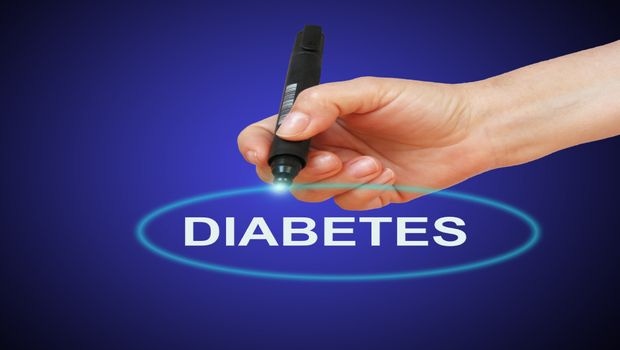The Mikkabi cohort study examined the role of long-term carotenoid consumption and reduced risk of type 2 diabetes.
March 16, 2016

The Mikkabi cohort study, “High-serum carotenoids associated with lower risk for developing type 2 diabetes among Japanese subjects," was recently published in BMJ Open Diabetes Research & Care. It is the first longitudinal cohort study that demonstrated long-term, high consumption of carotenoids—especially pro-vitamin A carotenoids (alpha-carotene, beta-carotene and beta-cryptoxanthin)—reduced the risk of type 2 diabetes in middle-age and older Japanese patients.
A total of 1,073 males and females between 30- and 79-years-old were recruited in Mikkabi, Japan, and followed-up on for as long as 10 years. Serum carotenoids (alpha-carotene, beta-carotene, beta-cryptoxanthin, zeaxanthin, lutein and lycopene) were analyzed by high-performance liquid chromatography (HPLC) at the baseline. A self-administered questionnaire was used to collect information on medical history and lifestyle, and a food-frequency questionnaire (FFQ) was developed to estimate the nutrient intake from diets. Type 2 diabetes was determined via results from the health examination and self-administered questionnaire.
The results suggested high concentrations of carotenoids—especially alpha-carotene, beta-cryptoxanthin and total provitamin A carotenoids (alpha-carotene, beta-carotene and beta-cryptoxanthin)—significantly reduced the risk of type 2 diabetes development. The inverse association between serum carotenoid and risk of type 2 diabetes was not only observed in non-smokers and non-drinkers, but also in light drinkers. Interestingly, other carotenoids such as lutein and lycopene exhibited inverse association, but the association was not significant.
“Once again, the health benefits of high carotenoid intake—especially alpha-carotene and beta-carotene, as this study reveals—is linked to reduced risk of type 2 diabetes," concluded CheeYen Lau, nutritionist at ExcelVite.
You May Also Like




.png?width=800&auto=webp&quality=80&disable=upscale)